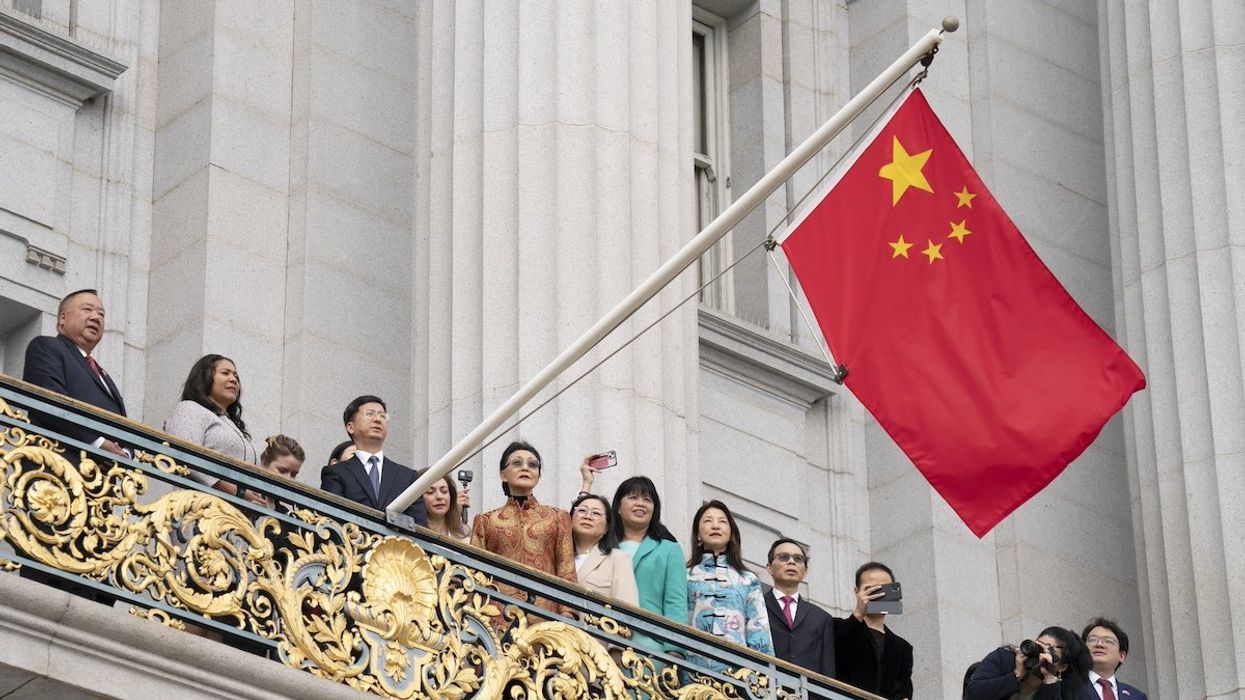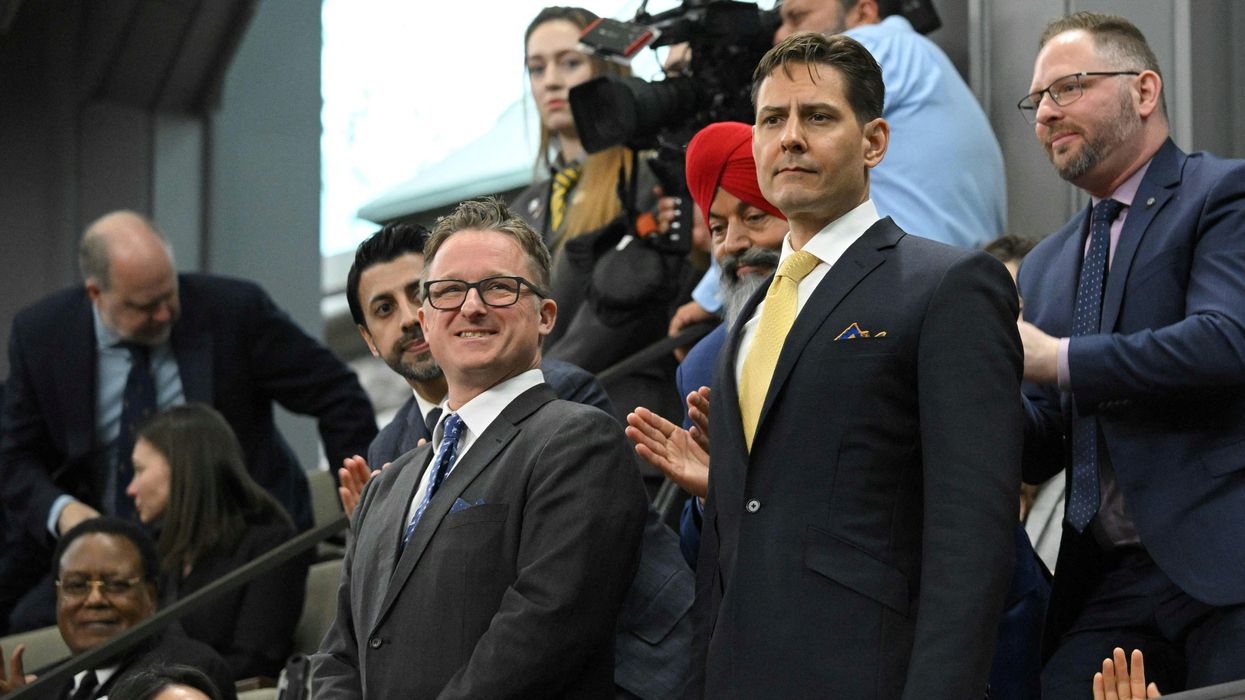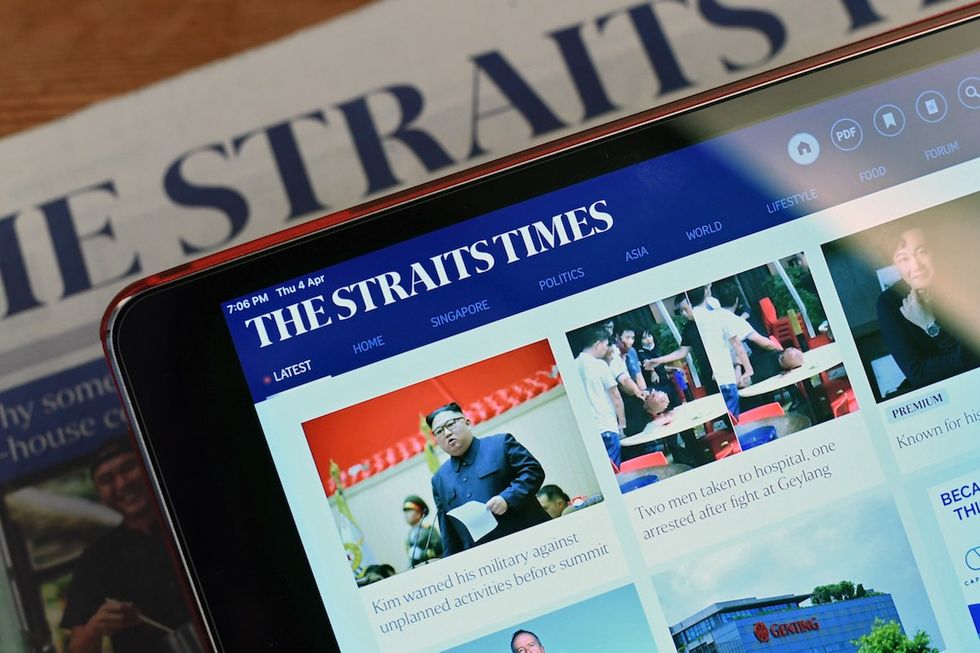What We're Watching
Who’s afraid of a Chinese influence campaign?
Linda Sun, a former aide to New York Govs. Kathy Hochul and Andrew Cuomo, has been charged with acting as an agent of the Chinese government, Justice Department officials announced Tuesday.
Sep 03, 2024









